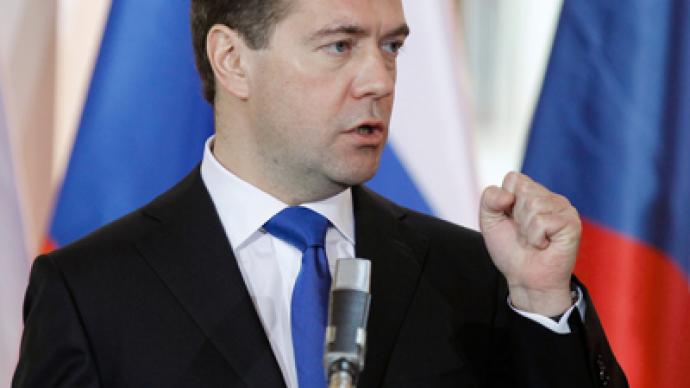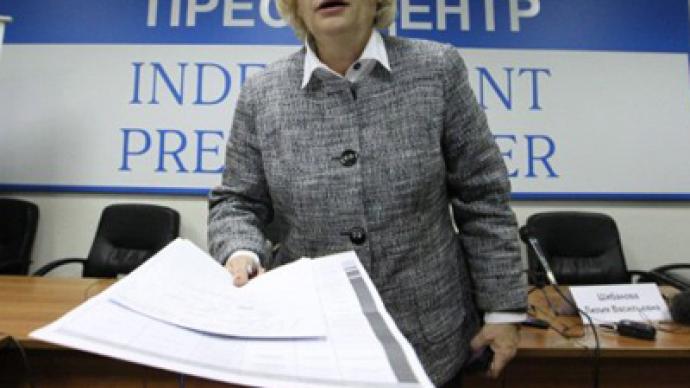Protests are a good sign for Russia's political life, while American criticism of Russian parliamentary election – though outwardly reasonable – could have a more sinister side, political science professor Gerhard Mangott told RT.
Discontent with parliamentary election results caused Moscow's largest protest in years. The rally went peacefully, in contrast to the spontaneous and unsanctioned rallies on poll day – which followed Washington's statement that the election was neither free nor fair.Gerhard Mangott, Professor of Political Science at Innsbruck University, said that while Saturday’s rally is an encouraging example of democracy at work, it lacks the political substance necessary to form a political agenda alternative to that of the ruling government.“It is encouraging that the event took place, that the authorities allowed demonstrators to gather to raise their voices against the alleged falsifications of the elections, and that everything went peacefully both from the demonstrators and the police. I think it’s positive for Russian society and Russian politics,” he said. “However, this movement is highly discrepant. They have only one thing in common, and that’s contempt for the United Russia or for president and prime minister. But there seems to be no common ideological ground; they cannot agree on a joint program,” he continued.As for Washington’s criticism of the Russian parliamentary election, Mangott told RT, one has to raise the question: Why did the US State Department not protest so strongly against election results in Azerbaijan or Turkmenistan?“Is it because the US has strong economic and geostrategic interests in the region?” he asked.“It’s fair to raise questions as to whether there have been manipulations or falsifications. However," Mangott continued, "if you apply double standards – as the US government has and some other governments do – it’s fair to ask: are there any additional objectives behind those criticisms?”


